
oil
and gas tank (Photo: national mirroronline.net)" width="300" height="169" /> oil and gas tank (Photo: national mirroronline.net)Jakarta, 20 Rabi’ul Awwal 1435/11 January 2015 (MINA) – The Trade Ministry has issued a new regulation to enforce tighter control of oil and gas imports and exports as part of the government’s program to eliminate so-called mafia practices in the country’s oil and gas business.
Under the new regulation, companies involved in oil and gas export and import activities should be registered with the Trade Ministry and will be subject to verification by an independent surveyor to be able to obtain export and import permits.
At present, export and import permits are issued upon only the recommendation of the Energy and Mineral Resources Ministry, The Jakartapost quoted by Mi’raj Islamic News Agency (MINA) as reporting, Saturday.
Trade Minister Rachmat Gobel said in Jakarta on Friday that the regulation, formally issued on Monday to replace Ministerial Regulation No. 42/2009, was part of the government’s program to eliminate irregularities in the oil and gas sector.
Also Read: Saudi Arabia Wins Bid to Host World Expo 2030
“With transparency in mind, this regulation allows us to record all data regarding oil and gas trading,” Rachmat added. The new regulation will be fully enforced from April 7.
The ministry’s director general for foreign trade, Partogi Pa-ngaribuan, said that this extra step would ensure that there would be no outlet for any deviant practices, allowing the state to “combat the oil and gas mafia”.
Prior to the enforcement of this regulation, Partogi acknowledged that exporters and importers needed only to attach a letter of recommendation from the Energy and Mineral Resources Ministry without being registered beforehand.
He said there were 34 exporters and around the same number of importers that would be undergoing the verification process.
Also Read: 148 Products from Indonesia Promoted at Sarawat Superstore Jeddah
Meanwhile, the ministry’s imports director, Thamrin Latuconsina, laid out the prerequisites for operators intending to export or import oil and gas: When asked, importers should be able to produce an importer identification number (API), a trade permit and a customs identification number (NIK), while exporters should be able to provide a legal trade permit (SIUP).
Ministry data reveals that the oil and gas trade balance has fluctuated over the last five years. In 2009, exports reached US$19 billion while imports amounted to $96 billion. The year after, oil and gas exports and imports totaled $28 billion and $27 billion, respectively. In 2011, oil and gas exports and imports rose to $41 billion and $40 billion, respectively, resulting in a trade surplus of $1 billion.
In 2012, the trade balance tipped to the negative, as inbound trade overwhelmed outbound trade at $42.5 billion to $36.9 billion. In 2013, the same trend was also established, with $45.2 billion in oil and gas exports outweighing $32.6 billion in imports.
Meanwhile, as of Nov. 2014, Indonesia’s oil and gas exports and imports totaled $27.9 billion and $40 billion, respectively.
Also Read: Packaging Industry Supports Halal Ecosystem
The newly established Oil and Gas Management Reform Team recently recommended the government dismantle the authority given to Pertamina Energy Trading Ltd. (Petral) to handle the country’s oil and gas trade.
The company is allowed to operate but is no longer allowed to handle oil and gas exports and imports.
Petral has been accused of being an instrument of cartel-like operations in the oil and gas sector.(T/P009/R04)
Also Read: Indonesia-Japan Agree on Energy Transition Cooperation
Mi’raj Islamic News Agency (MINA)
Also Read: Dubai Expo 2020 Holds Special Event for Palestine





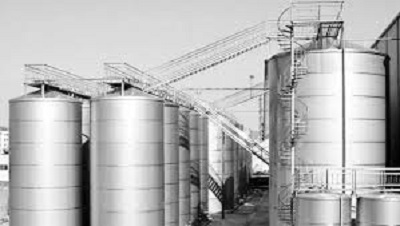




![Israeli tanks and APC’s gather by the Israeli – Lebanese border. Amid Israel’s escalating campaign against Hezbollah in Lebanon on September 30, 2024. [Erik Marmor/Getty Images]](https://en.minanews.net/wp-content/uploads/2024/10/IMG_20241001_203226-300x197.jpg)





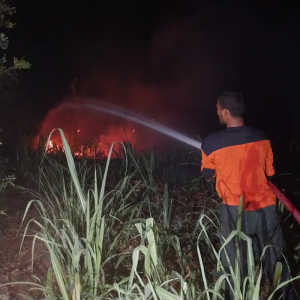

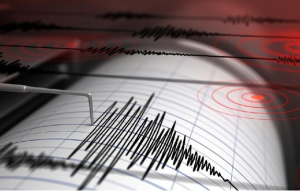
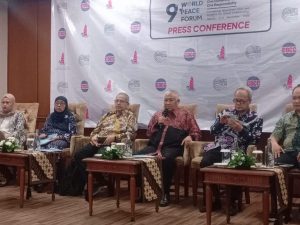
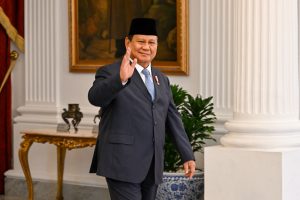












 Mina Indonesia
Mina Indonesia Mina Arabic
Mina Arabic